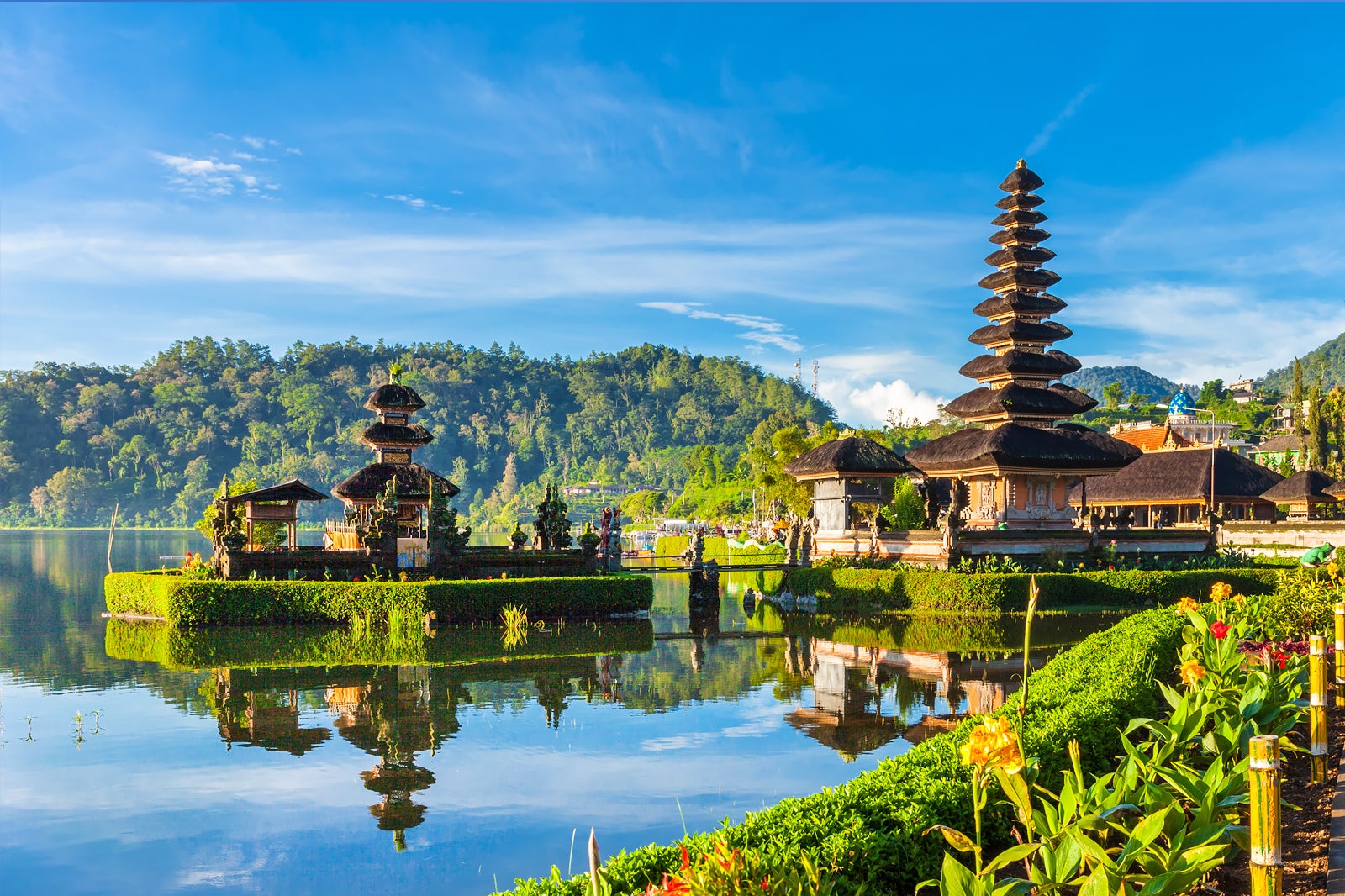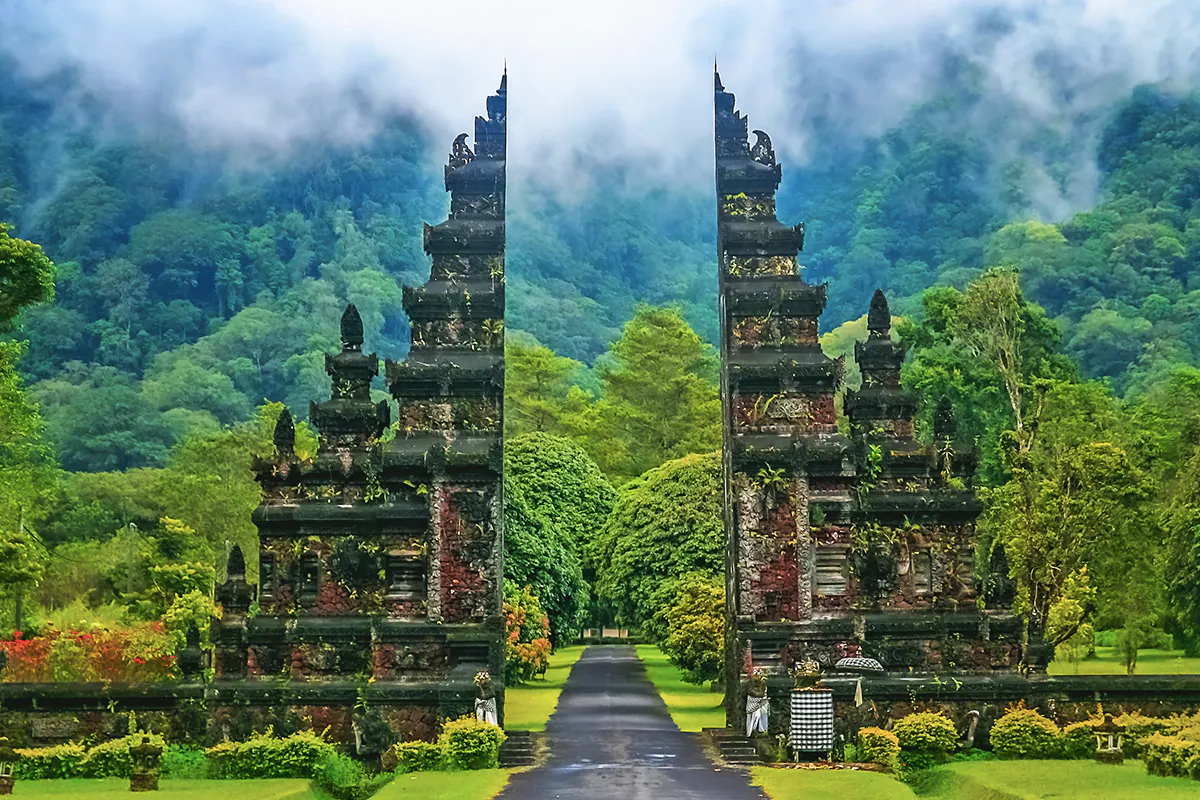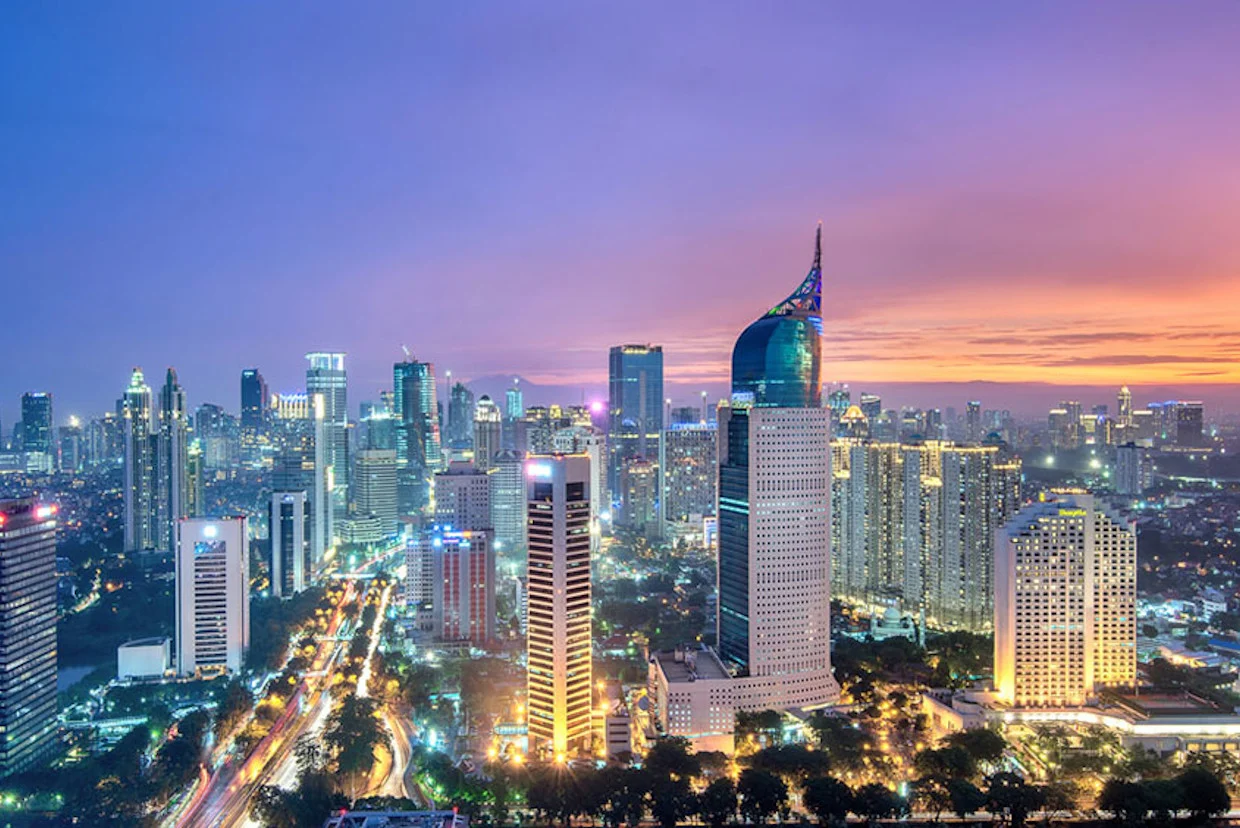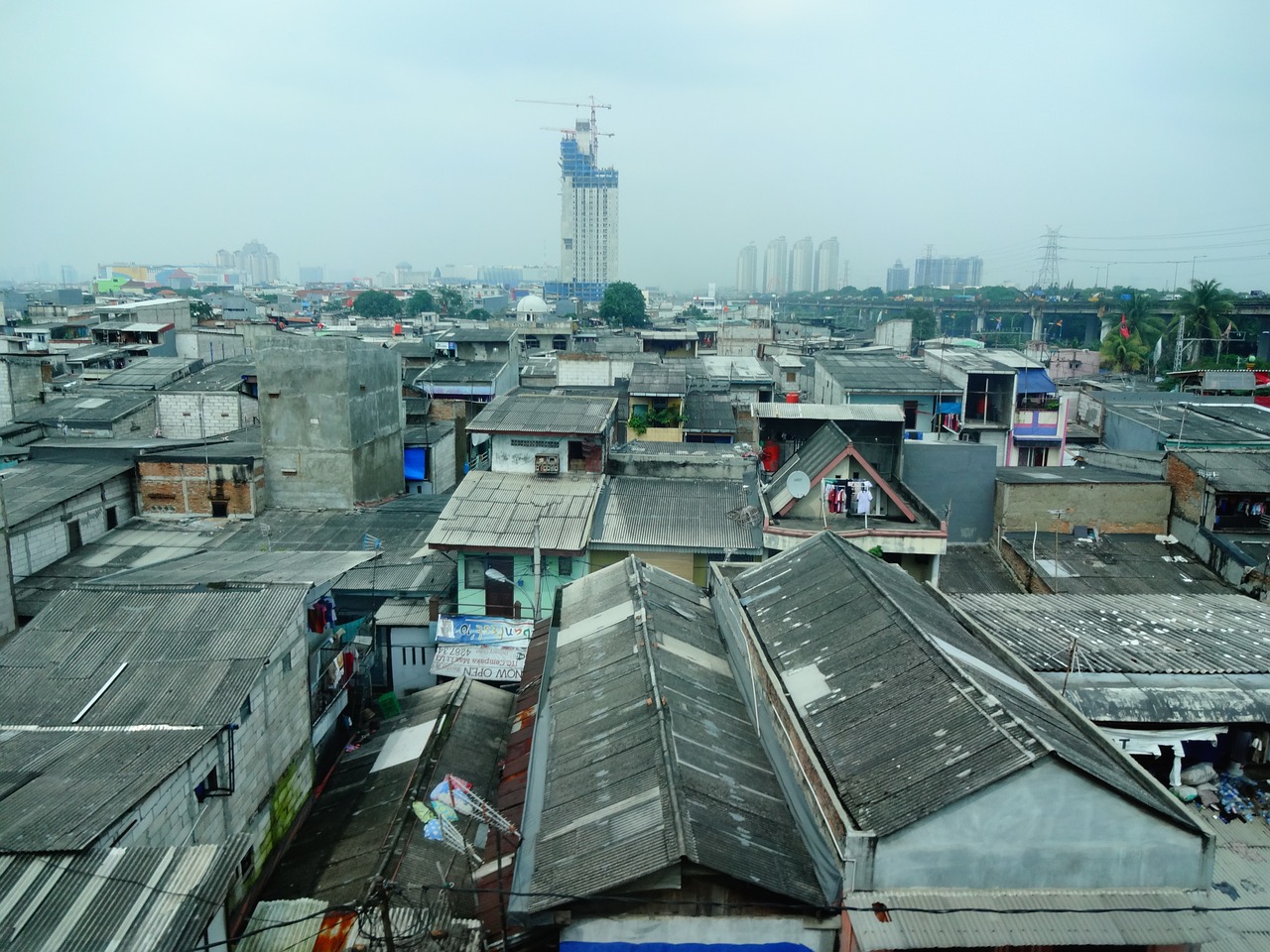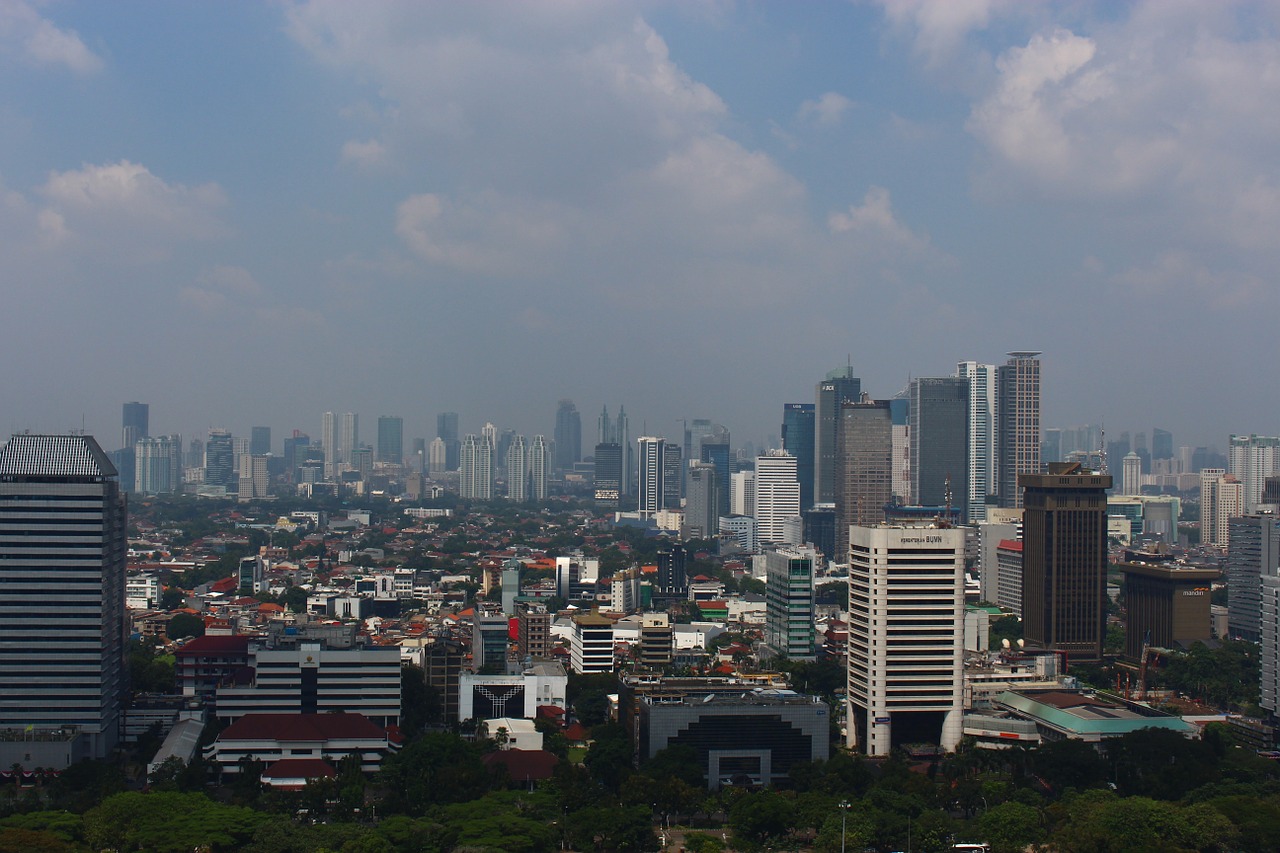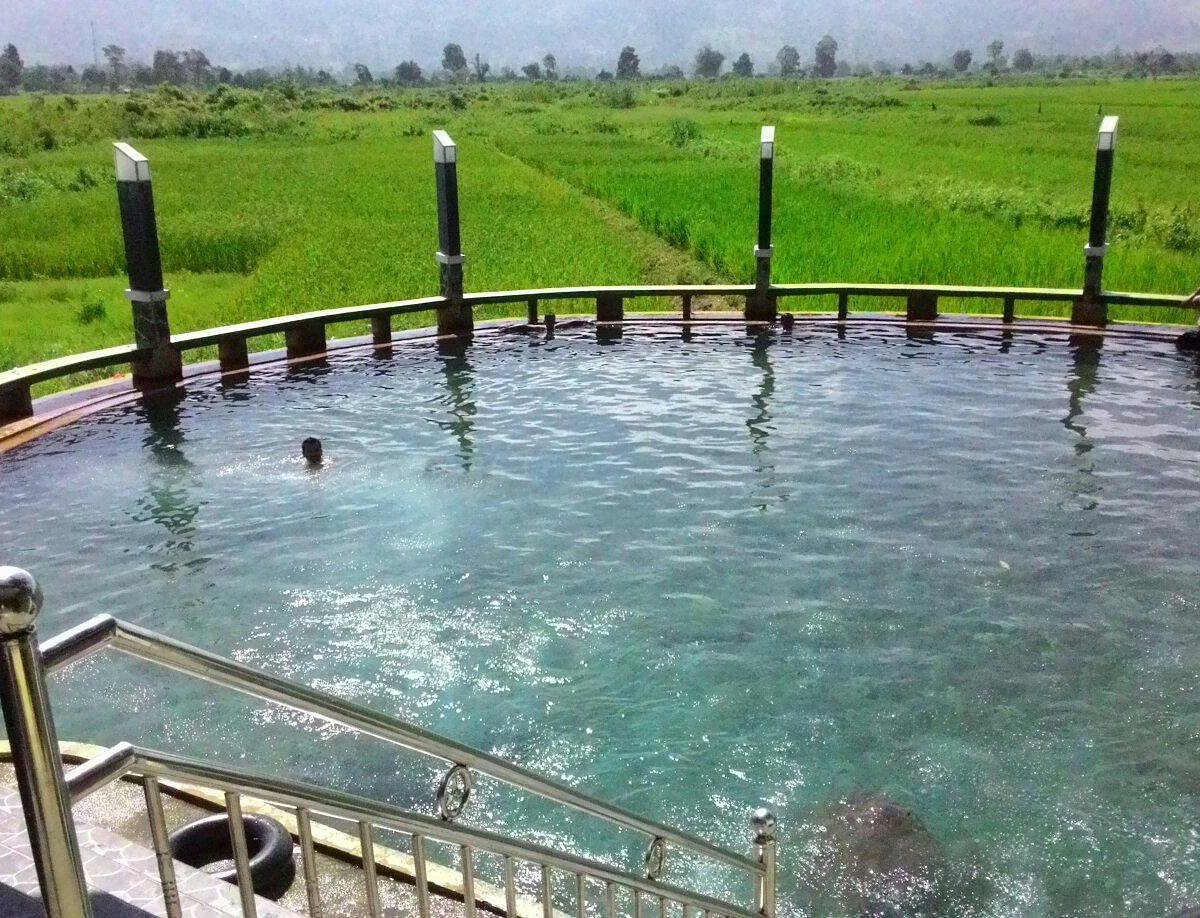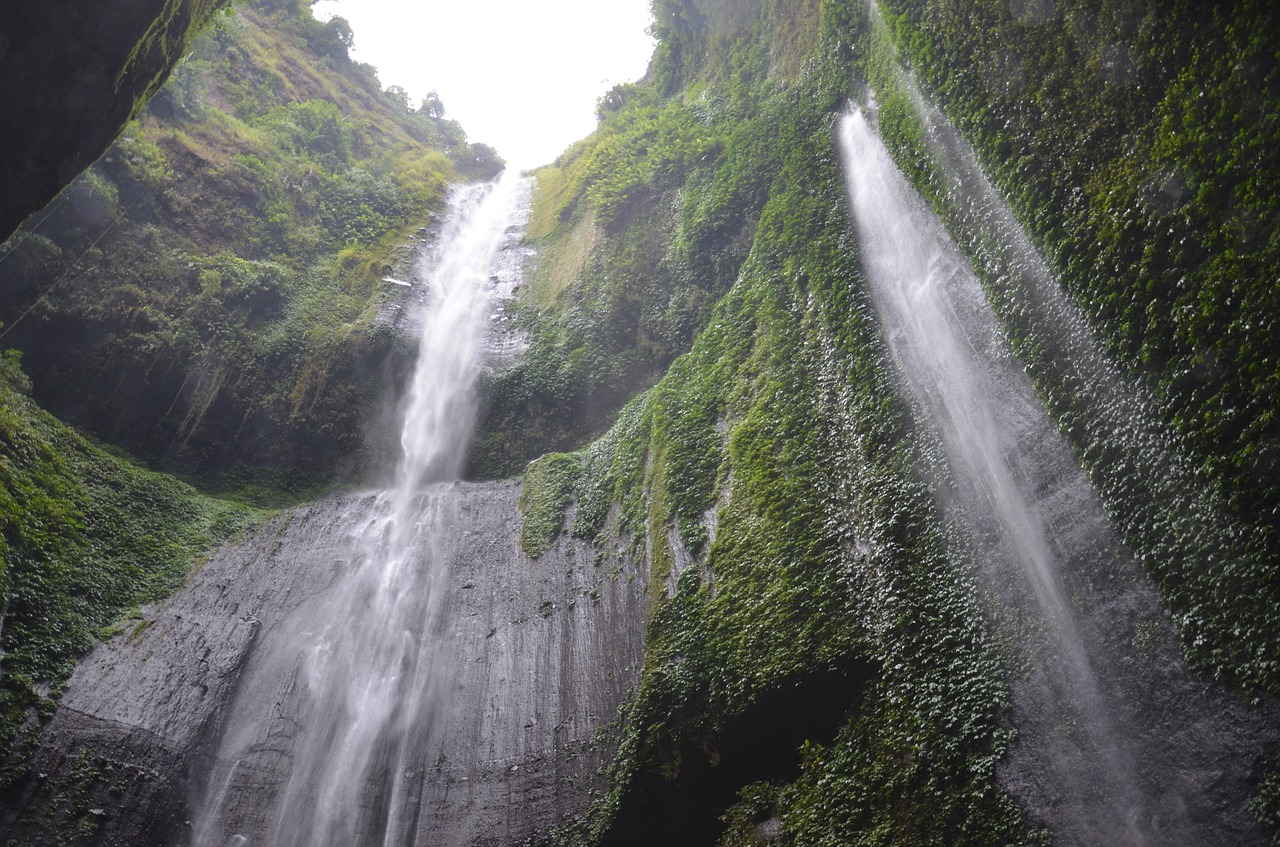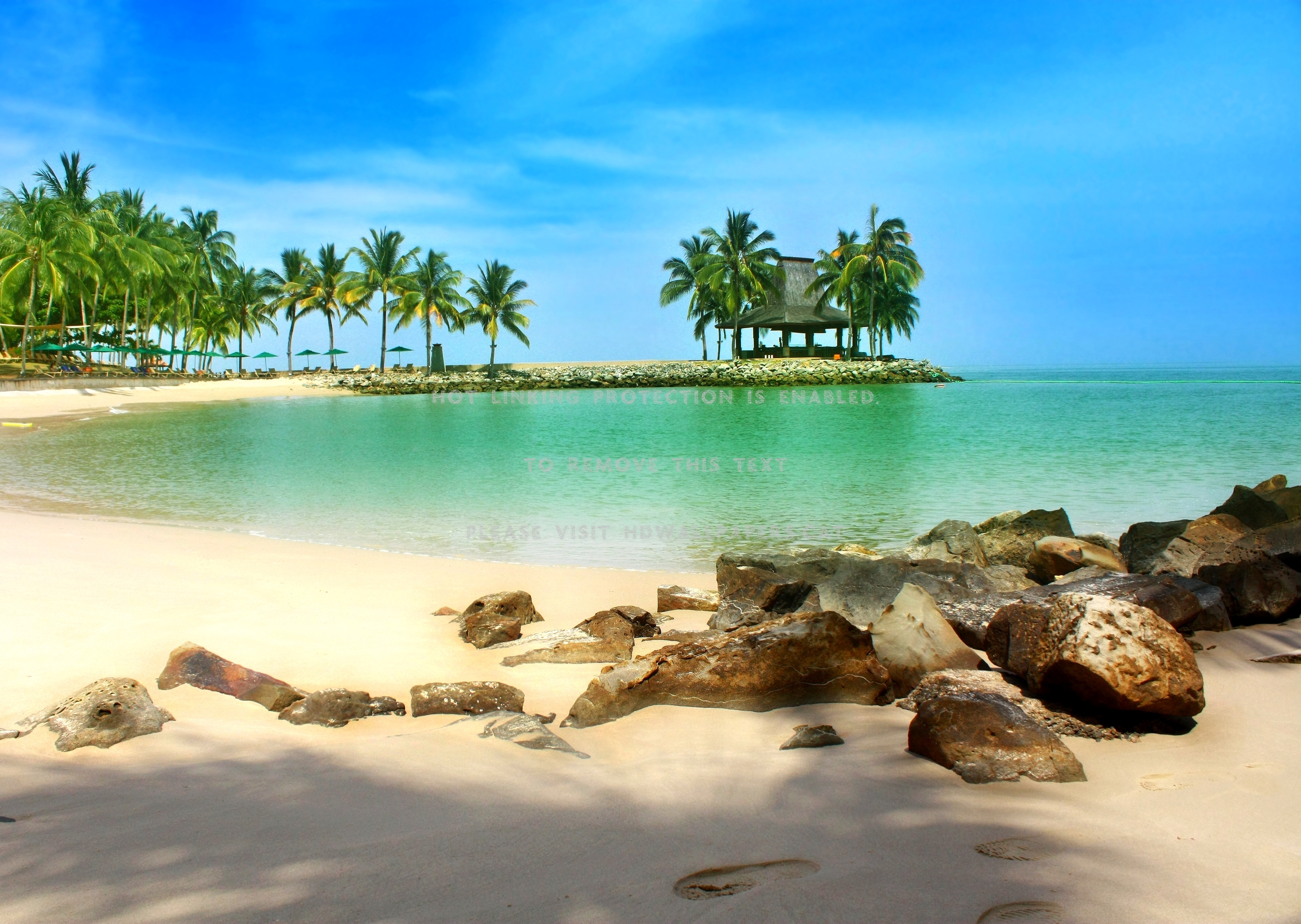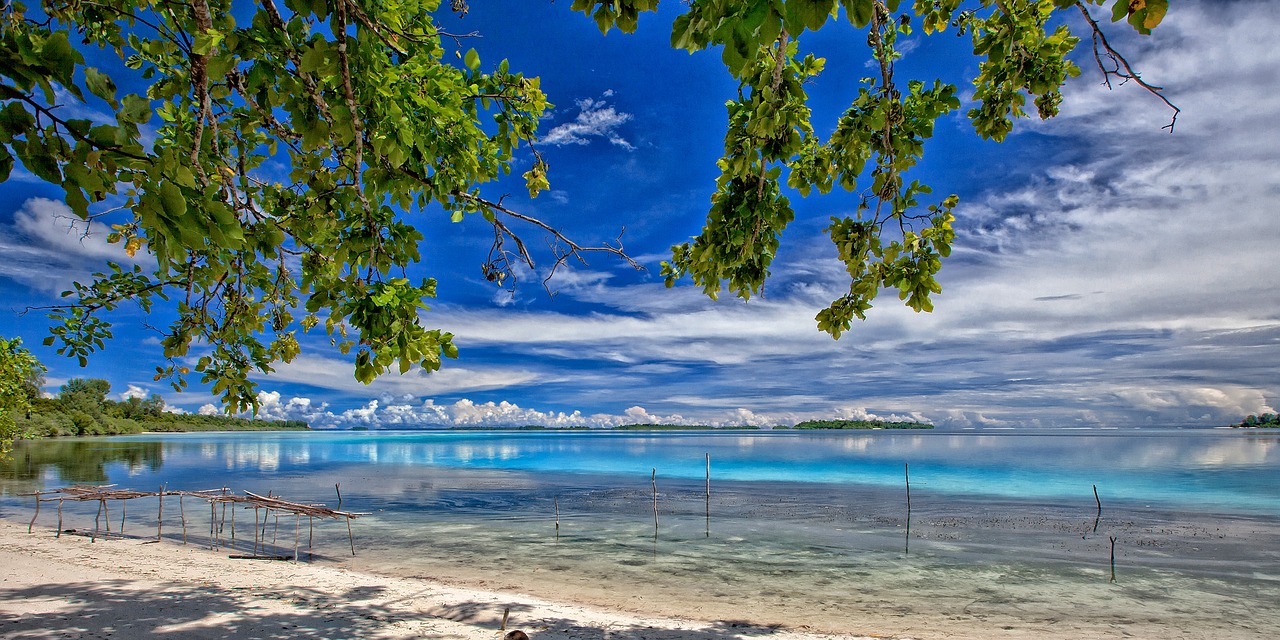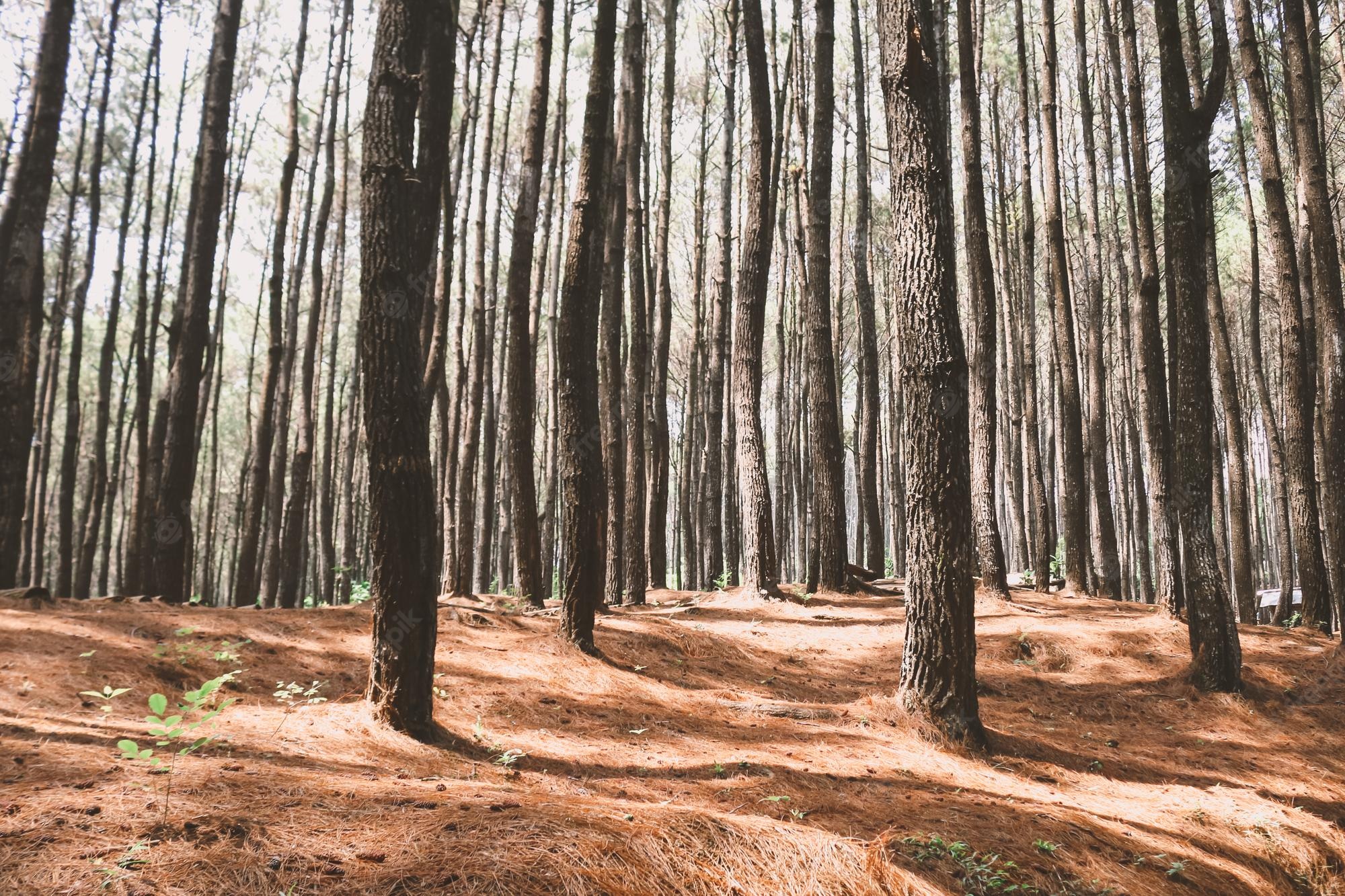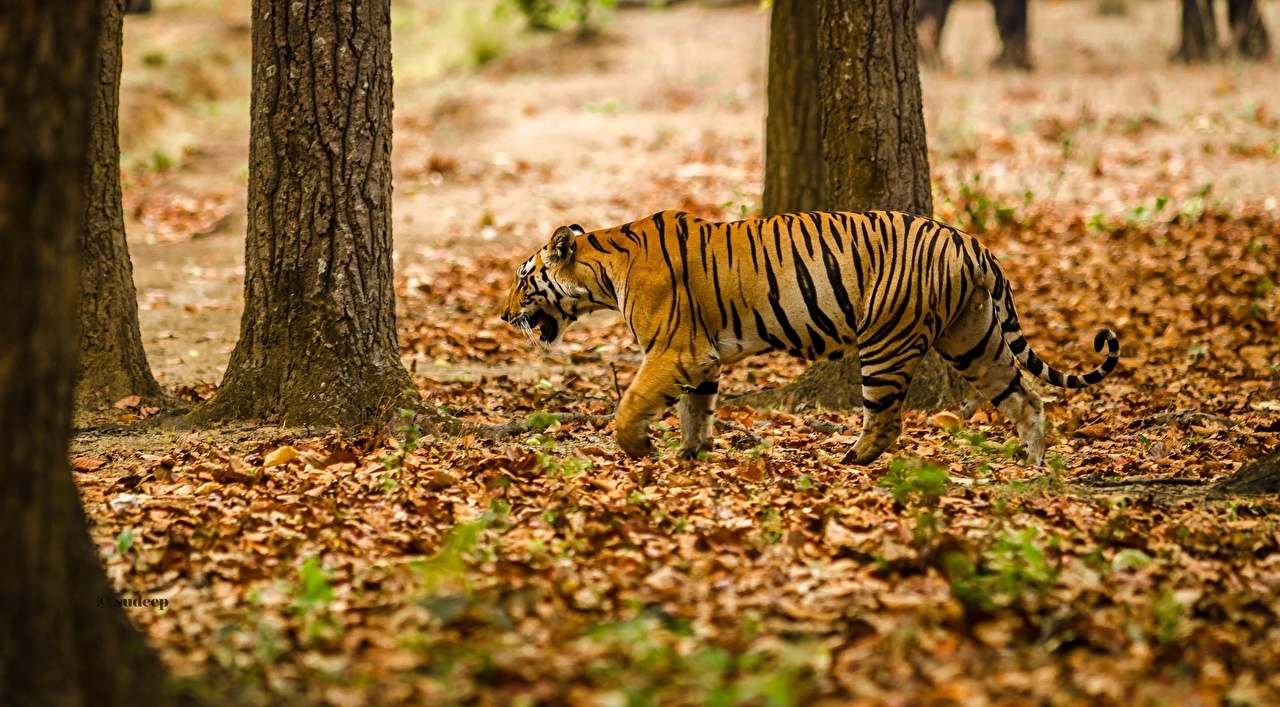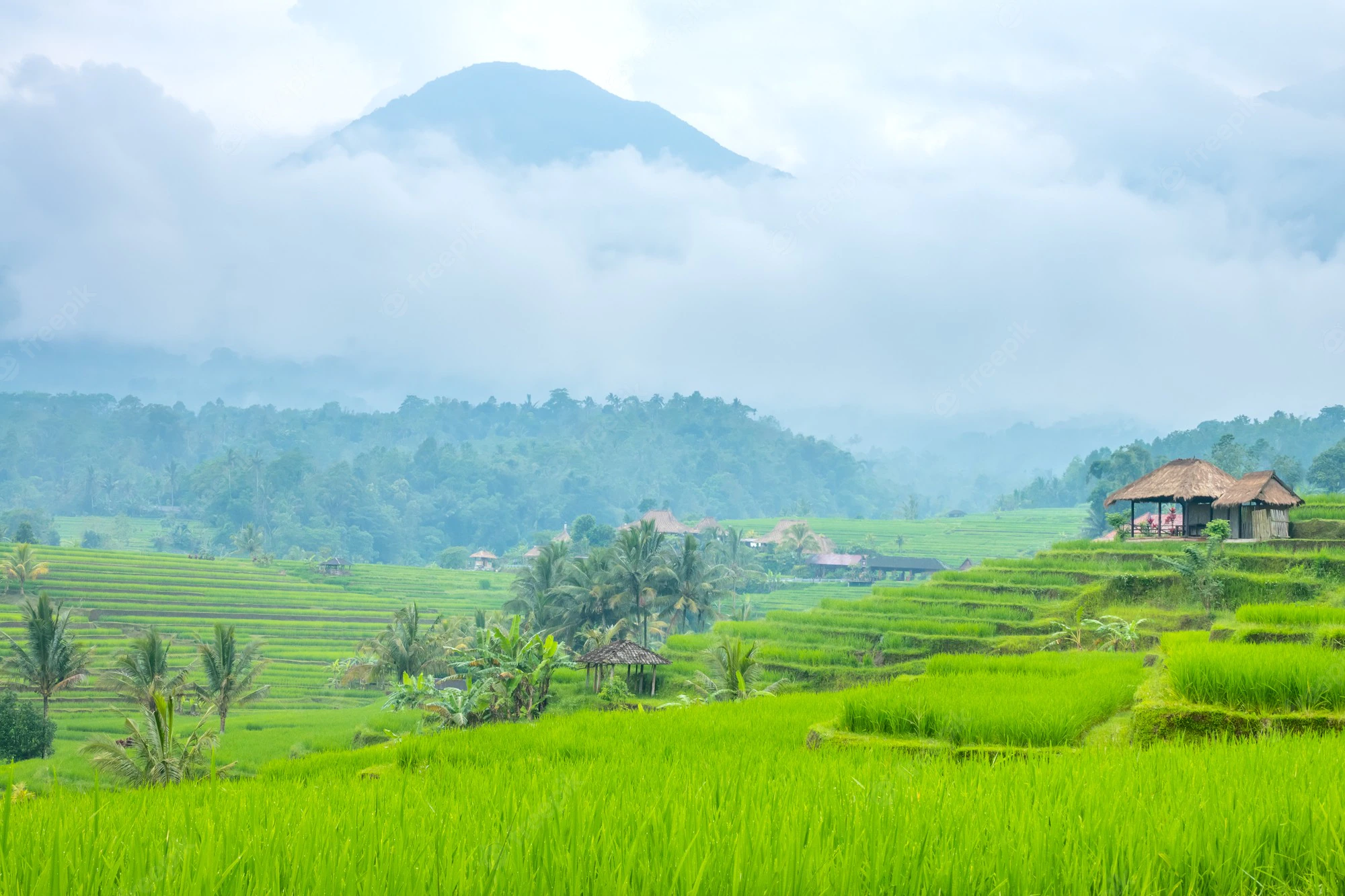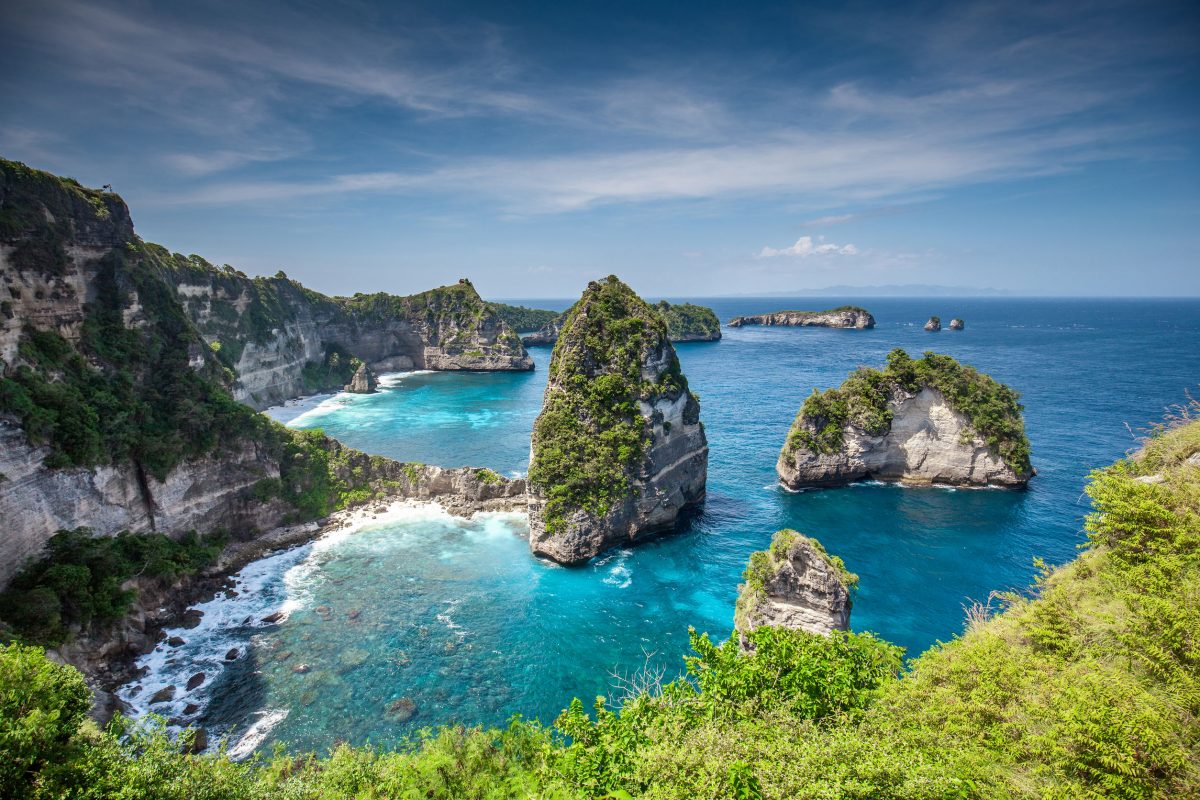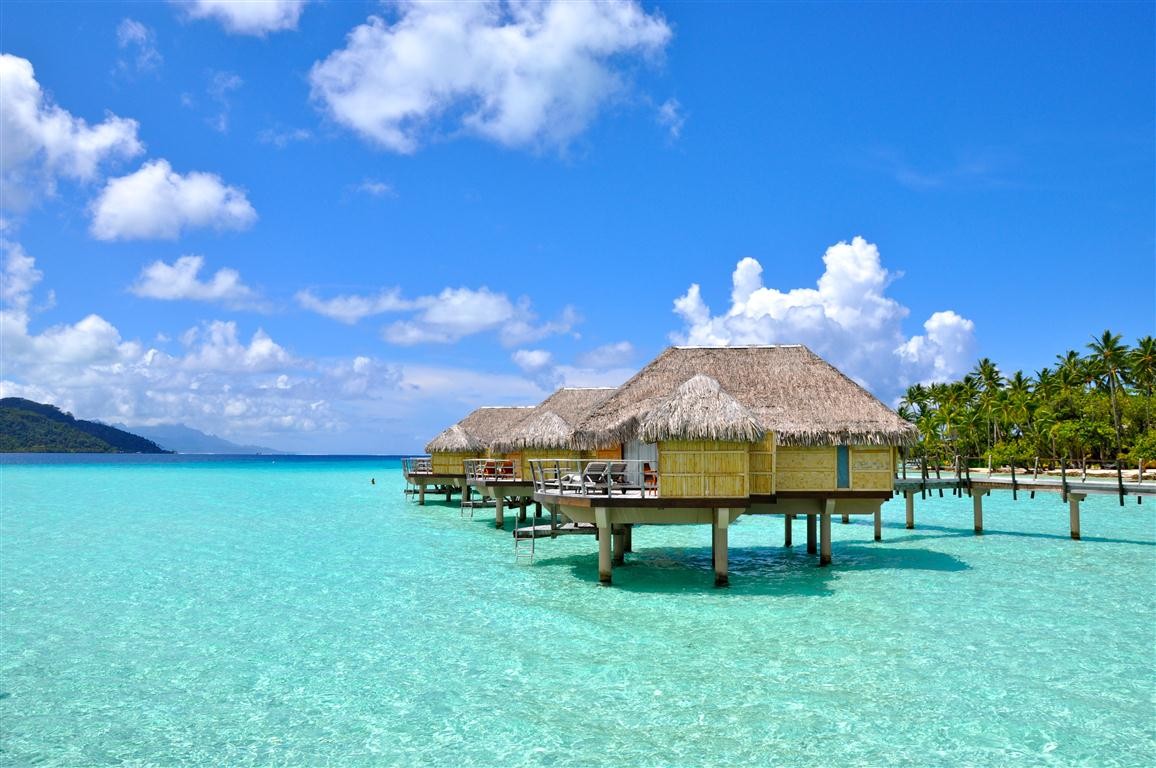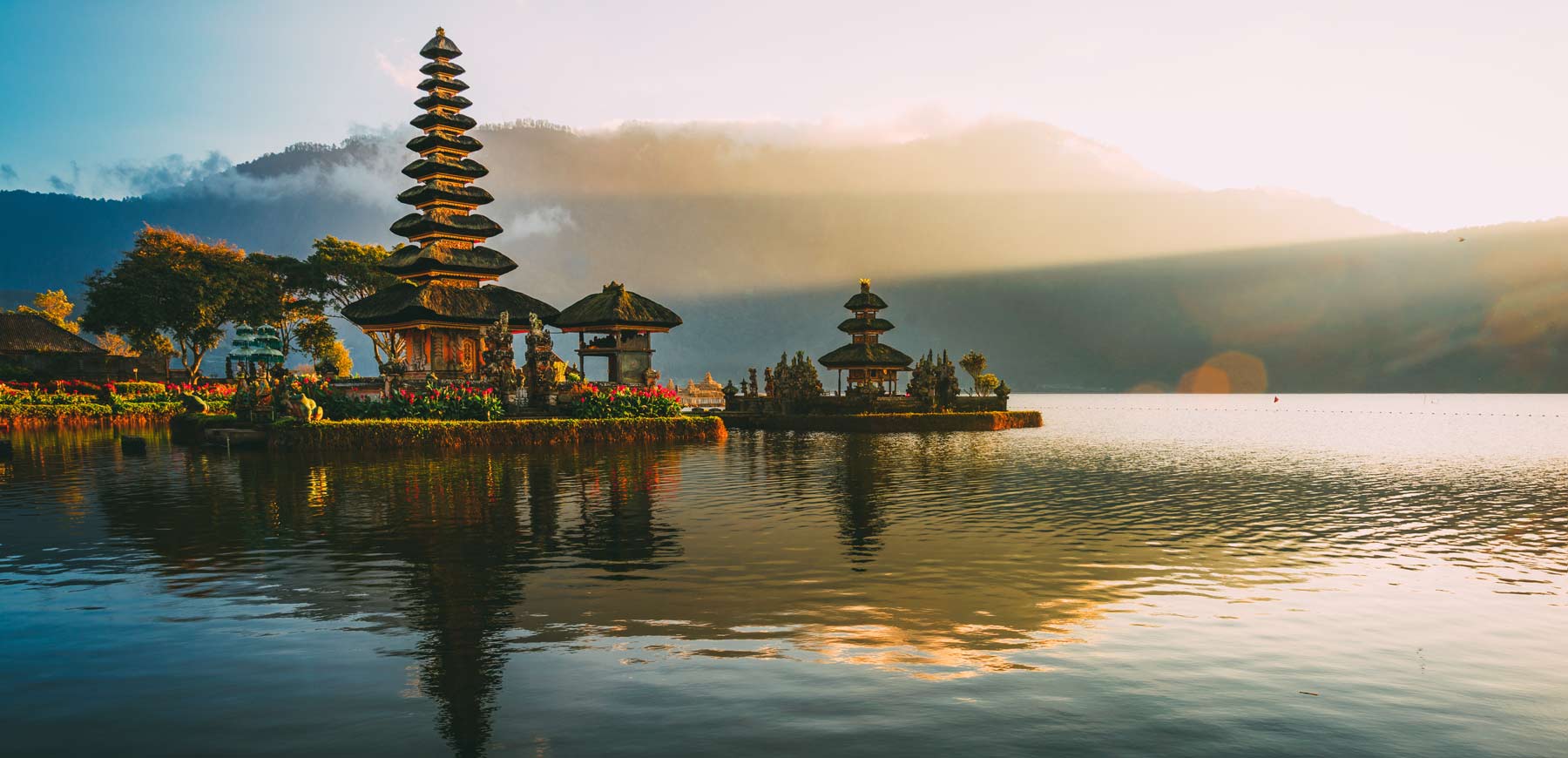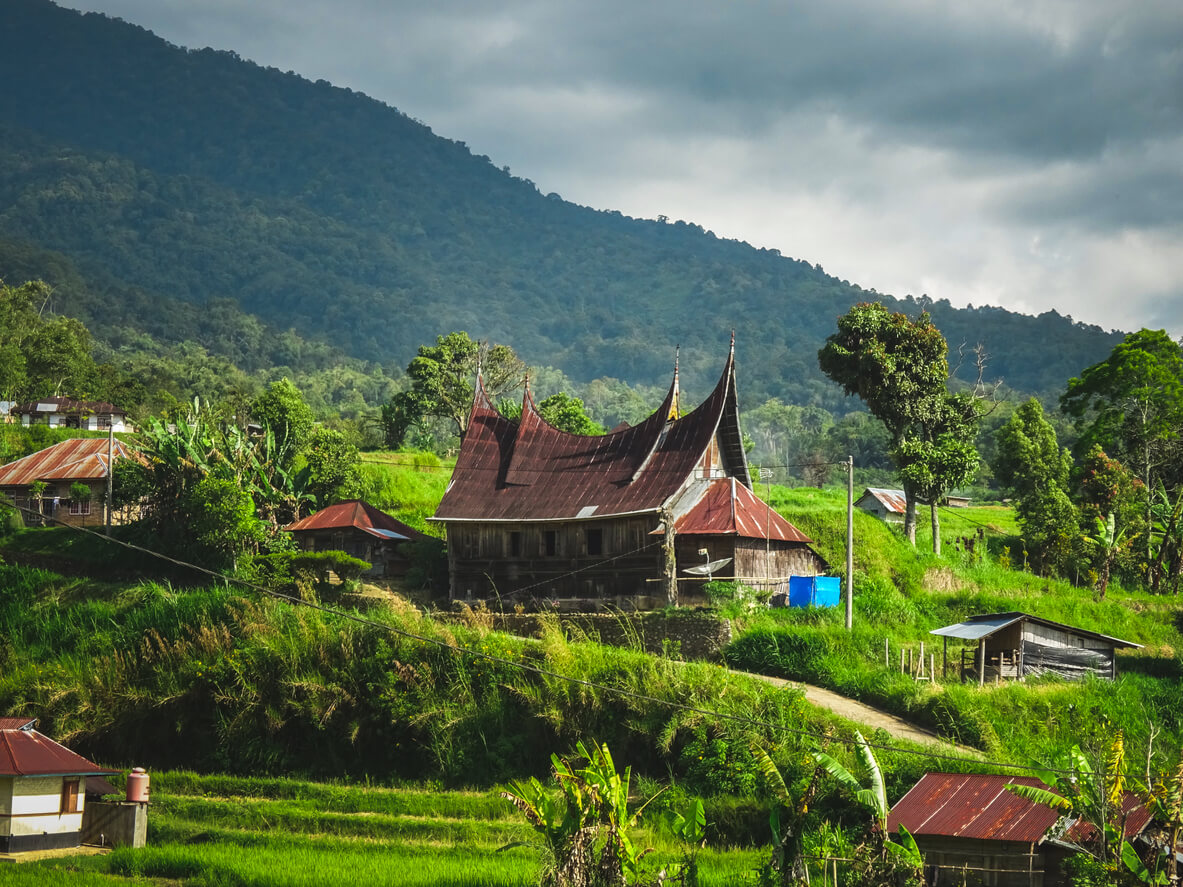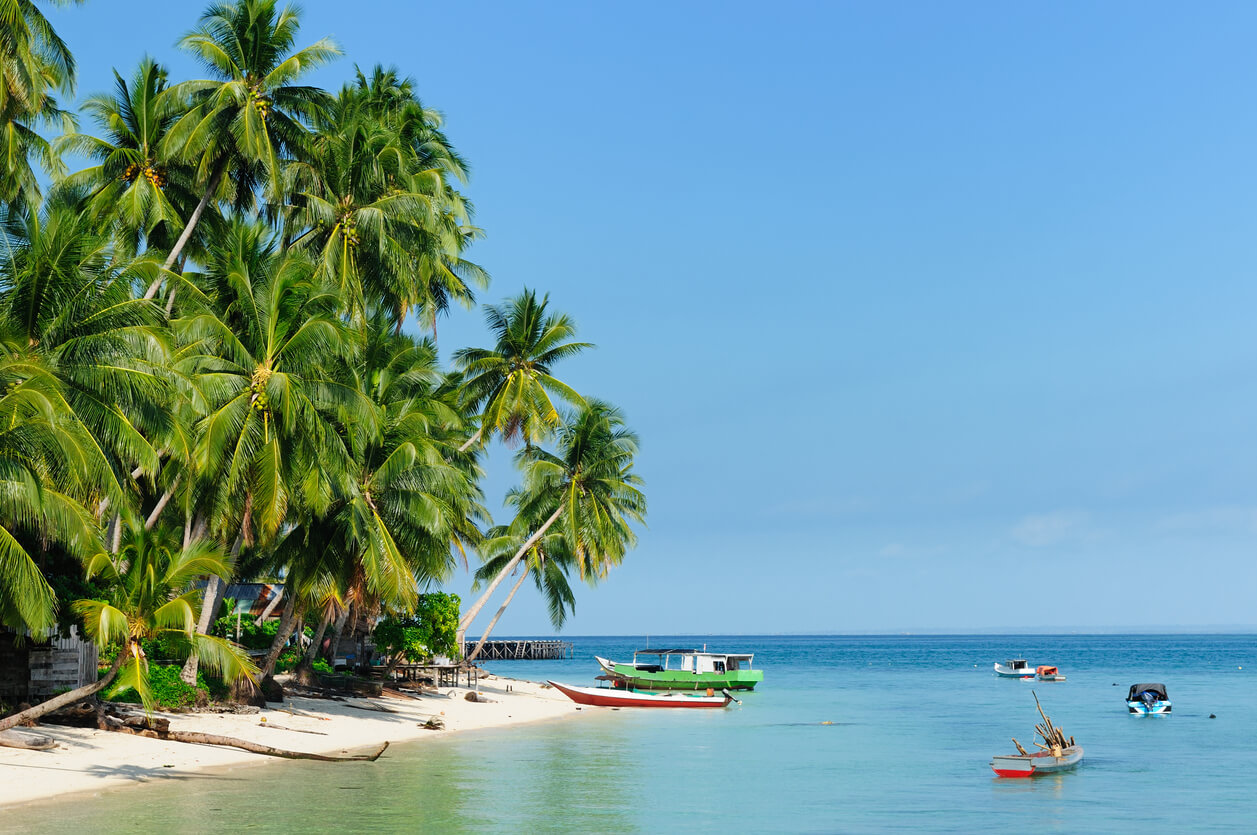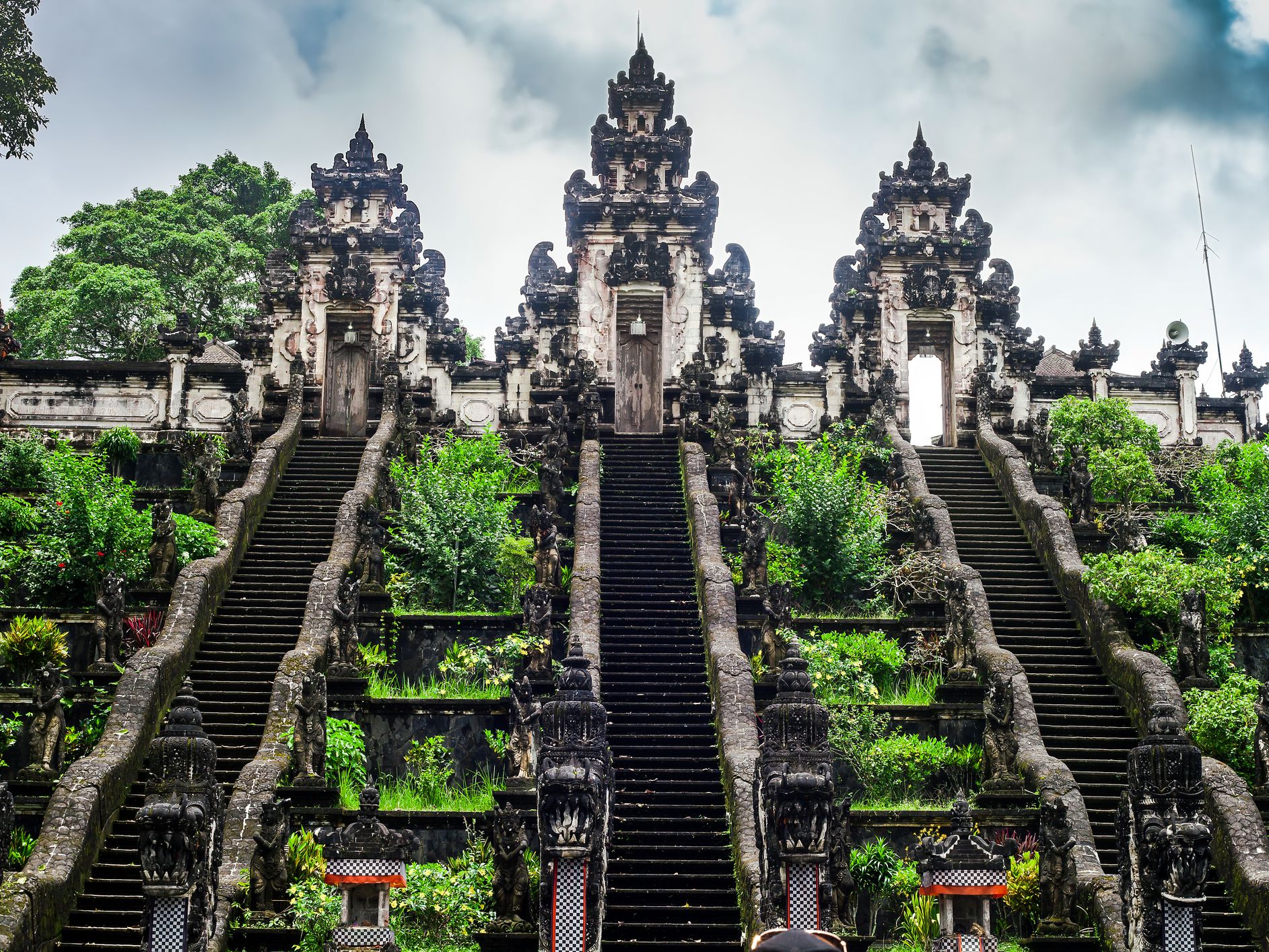Best Time To Visit Indonesia - All The Details You Will Need To Know
Here's our advice to the best time to visit Indonesia, whether you want to go to the beach in Bali, see orang-utans in Borneo, or dive off the coast of the Maluku Islands.
Author:Maya ReyesReviewer:Finn WildeJan 03, 2025356 Shares355.7K Views
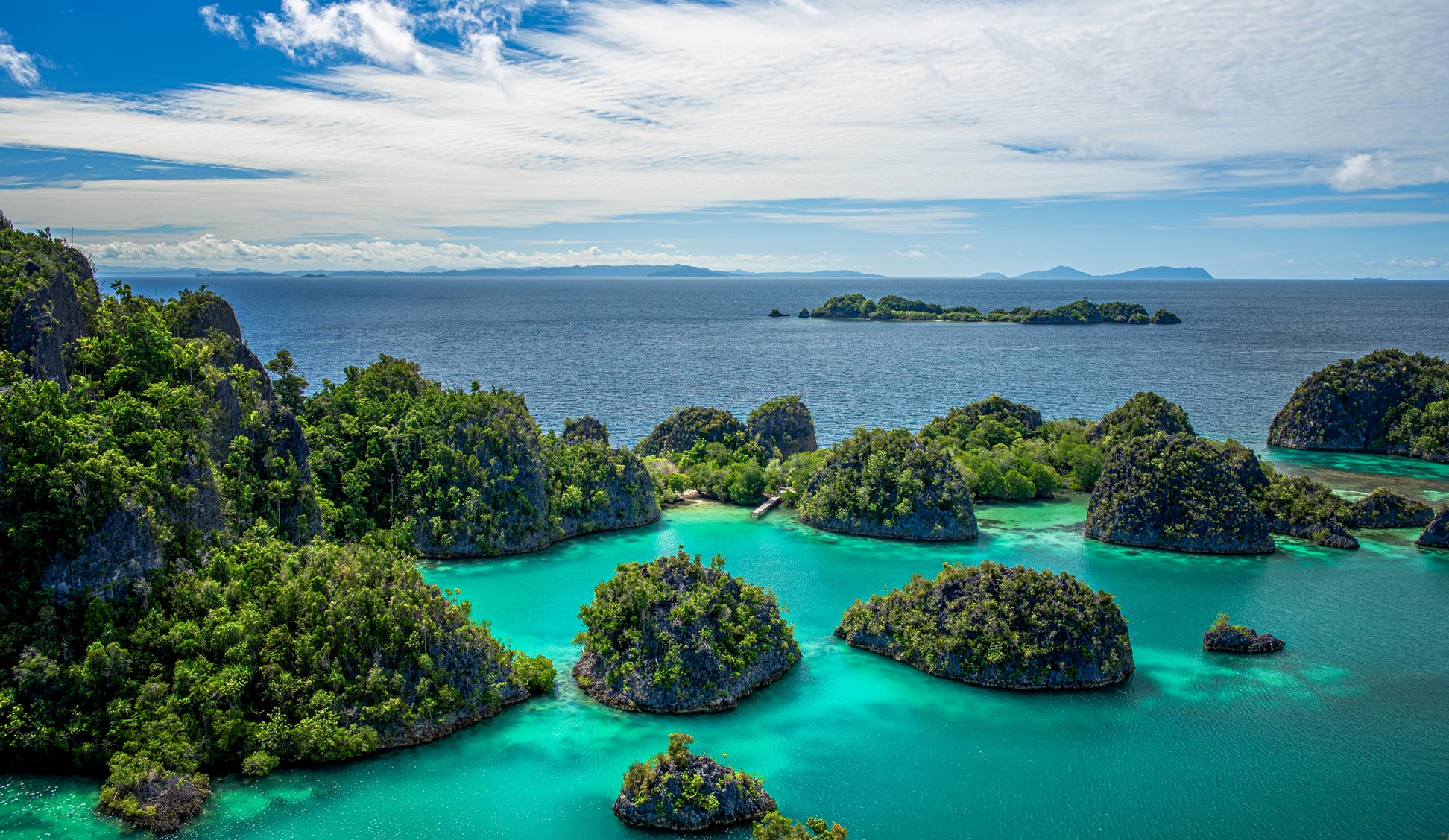
Indonesiaseems so inviting with its golden dunes and blue oceans that you want to plunge right in.
However, if you plan your vacation to the nation in the incorrect month, you may be met by monsoons or energy-sapping humidity. Thankfully, with a little forethought, any traveldifficulties may be easily avoided.
Here's our advice to the best time to visit Indonesia, whether you want to go to the beach in Bali, see orang-utans in Borneo, or dive off the coast of the Maluku Islands.
Shoulder Season: May-June And September
The ideal weather in Java, Bali, and Lombok is during the shoulder season, when it is dry but not too hot.
Despite this, the crowds are not as dense as they are in the summer months of July and August. Maluku and Papua remain flooded.
Kalimantan (the Indonesian section of the island of Borneo) has dry weather in September, making it ideal for orang-utan sightings (the apes are harder to find during the rainy months).
With less rain and everyday temperatures that aren't too hot for trekking, it's also a wonderful season to see orang-utans in northern Sumatra.
Low Season: October-April
Rainfall is common in Java, Bali, and Lombok during the low season. Because the tourist throngs are less, you'll discover better hotel bargains and be able to travel with minimal planning (except at Christmas and New Year, where tourist numbers shoot up for a couple of weeks).
Maluku and Papua, on the other hand, have a dry season from October to April, which is ideal for diving.
Best Month To Visit Indonesia
The shoulder months of the dry season, May, June, and September, are the finest months to visit Indonesia (outside Maluku and Papua).
There will be clear days, but the islands will be less busy and pricey than during peak season (July and August), as well as less hot and humid, making them excellent for lengthy walks and bike rides.
Though the best time to visit Indonesia varies on whatever region of the archipelago you're visiting, the dry season is ideal for diving and surfing.
April to September are the best months to dive off the coasts of Bali, Lombok, and Komodo National Park, while October to April is the best time to dive near Maluku and Papua.
When To Visit Indonesia In Winter
Low season (October to April) is simple to locate excellent discounts, and you may vacation with minimal ahead planning (except at Christmas and New Year).
Despite the regular downpours, temperatures remain about 30 degrees, and the islands are less populated and less expensive.
Visiting Indonesia In December - February
The wettest months in Indonesia are January and February, however the rain isn't constant; you'll still experience warm, sunny days punctuated by periodic downpours.
Although the holiday season is the finest time to visit Indonesia for rowdy celebrations, Christmas and New Year are incredibly packed and costly.
When To Visit Indonesia In Spring
May is one of the greatest months to visit Indonesia, since it is the beginning of the dry season yet without the crowds of summer visitors.
Visiting Indonesia In March - May
The end of the rainy season is the finest time to visit Indonesia for natural beauty, with the rainforest and rice fields at their lushest, and rain showers becoming more rare.
The Balinese New Year, Nyepi, begins around the end of March or the beginning of April, and is a fantastic local experience, even though the festivities make moving about Bali hard since everything closes down.
In April, wellness travelers may choose to stay in Ubud for the Bali Spirit Event, Asia's biggest yoga, art, and music festival.
Though temperatures may reach 30 degrees Celsius, May is the ideal month to take advantage of Bali's outstanding surf on the southern shore of Uluwatu, Seminyak, and Canggu.
When To Visit Indonesia In Summer
Before the European summer vacations begin, June is the ideal month to visit Indonesia in the summer.
Traveling to Indonesia during peak tourist season, from July to mid-September, is not recommended, since costs skyrocket and hotels might be completely booked for weeks on end.
Visiting Indonesia In June - August
While June brings pleasant, dry days ideal for outdoor activities, July sees visitors swarm over the islands, causing costs to skyrocket.
Culture buffs should plan their trip around the Bali Arts Festival, which runs from June to mid-July.
Because June and July feature the most regular waves, anticipate crowds, particularly on Java and Bali.
Despite the fact that August is the busiest month in most of Indonesia's tourist hotspots, especially Bali, there are plenty of beach parties and festivals. Going to less-traveled cities and beachesis another way to avoid the throng.
When To Visit Indonesia In Fall
When the summer turmoil has faded, September is one of the greatest months to visit Indonesia. It's a great time for land-based activities since it's still dry and sunny.
Visiting Indonesia In September - November
In September, the swarms of visitors begin to go, but the warm, dry weather persists, making it a fantastic time to visit. The rainy season begins in November with a few rainfall.
Climate In Indonesia
The whole Indonesian archipelago is tropical, with temperatures ranging from 21°C to 33°C at sea level, with milder temperatures in the highlands.
In principle, the year is divided into two seasons: wet and dry, however it may be difficult to detect the difference in practice.
This is becoming more true as a result of climate change, which has already altered seasonal patterns, shortening and concentrating wet seasons in certain cases.
In general, November to April are the wettest months (January and February being the wettest), while May to October are the driest.
Best Time To Visit Bali
The weather in Bali is pleasant all year, with highs in the twenties and just a small cooling in the highlands and downtown Ubud.
The rainy season runs from October to April, and although you'll have to cope with rain showers, it's simpler to discover amazing prices and go without making a reservation (except Christmas and New Year).
Mountain climbing and hiking are not recommended during the rainy season. Bali is best visited between May and September, when the weather is dry and pleasant but not oppressively humid.
The ideal months to visit Bali for diving and mountain climbing are May and June, when temperatures are in the high twenties.
From April to October, the west coast provides great surfing, while the east coast delivers superior wave from November to March. Avoid Bali in July and August, when crowds swell and hotel costs skyrocket.
Best Time To Visit Lombok And Gili Islands
You may anticipate reduced costs in Lombok and the Gili Islands during the rainy season (October to April).
If you want to climb Gunung Rinjani, keep in mind that it is closed to trekkers during the wettest months of the year, which are typically late December to late March. It may be off-limits at other times if officials deem the situation too dangerous.
Lombok and the Gili Islands are best visited in June or September, when there is less rain and less people.
If you want to keep expenses low and avoid the crowds, skip peak summer and Christmas and New Year's.
Best Time To Visit Java
From October to April, expect lower costs and less tourists in Java, but be prepared for severe, torrential rains.
The ideal months to visit Java are May, June, or September, when the weather is dry but not too hot.
If you want to trek Gunung Bromo, Gunung Penanjakan, or Gunung Semeru, you should go during the dry season.
The amazing Ramayana ballets staged each summer at Prambanan's Open-Air Theatre are the highlights of the dance year in Central Java.
The ageless Hindu epic is played in its full from May to October, with the beautiful Shiva, Vishnu, and Brahma temples as a background.
If you are unable to travel during these times, don't panic; individual episodes are done on an irregular basis outside of these times.
Best Time To Visit Sumatra
It rains in the north of Sumatra from October to January, and in the south from November to February.
Many people come to dive, especially at Pulau Weh off the coast of northern Aceh. The ideal time to visit Sumatra is between late April and early October if your primary purpose is to explore the pristine underwater terrain.
Surfing is another popular activity on the island, with many visitors coming to the waves at Krui in June and July, when the swell is most persistent.
If you want to remain on land, travel in June or September to trek Gunung Sinabung or walk through Gunung Leuser National Park's orangutan-infested jungle.
Best Time To Visit Kalimantan, Borneo
On dry, bright days, the ideal time to explore Kalimantan is from May through June or September, when you can navigate the canals and wander off grid into the deep forest.
Stay for the Erau Festival Tenggarong in September to see an incredible exhibition of indigenous Dayak talents and dance.

BEST TIME TO VISIT INDONESIA & Travel Tips
People Also Ask
What Is The Best Time Of Year To Visit Indonesia?
Between July and August, when the weather is dry but yet pleasant and welcoming, is the greatest time to visit Indonesia.
The dry season in Indonesia lasts from April to October, whereas the wet season lasts from November to March.
What Is The Best Month To Visit Bali Indonesia?
Most travelers agree that the ideal months to visit the island are May, June, and September, when the weather remains warm and sunny but there are less tourists in famous beach resorts like Sanur and Seminyak. Here's a look at the weather and climate in Bali each month.
Why Is Indonesia The Best To Visit?
Indonesia is one of the most popular destinationsfor surfing and yoga retreats in the world, with a plethora of beautiful islands and beaches, as well as a diverse biodiversity and cultural history.
And, with so many flights to Indonesia from practically everywhere on the planet, it's a location that anybody can visit.
Is September A Good Time To Visit Indonesia?
The shoulder months of the dry season, May, June, and September, are the finest months to visit Indonesia (outside Maluku and Papua).
There will be clear days, but the islands will be less busy and pricey than during peak season (July and August), as well as less hot and humid, making them excellent for lengthy walks and bike rides.
Conclusion
Every year, religious celebrations erupt throughout Indonesia's Muslim, Hindu, Chinese, and indigenous groups.
For example, each of Bali's 20,000 temples have an anniversary celebration, while other ethnic groups may hold extravagant weddings or burials in addition to more secular celebrations.
Many of these holidays follow a different schedule each year than the Western calendar. Festival dates may help you pick when to visit various Indonesian islands, and it's a terrific chance to learn about cultural customs and engage with people.
- Bali's Galungun. Every 210 days, for ten days, to commemorate the triumph of virtue over evil.
- West Sumba's Pasola. This celebration to balance the top sphere of the skies is held four times in February and March, and it ends in a frantic pitched combat between two villages of spear-wielding horsemen.
- Nyepi may be found all across Bali. Towards the end of March or the beginning of April. The year's most important purifying ritual.
- Sekaten is a town in Central Java. March or April are the best months to visit. The prophet Muhammed's birthday is commemorated with a month-long festival of fairs, gamelan recitals, and plays.
- Tenggarong, Kalimantan, hosts the Erau Festival. September. A large demonstration of traditional Dayak dance and talents.
- Funerals Sulawesi's Tanah Toraja. May through September are the most common months. Buffalo slaughter, bullfights, and sisemba kick-boxing contests are all part of the culture.
- Lampung, Sumatra, hosts the Krakatau Festival. October. Tuping Karnaval (Lampung Mask Carnival) is one of five days of celebrations celebrating Lampung's cultural legacy; part of the festival takes place on the island of Anak Krakatau itself.
- Maluku Islands' Kora Kora Festival. In the Maluku Islands, traditional longboat races are staged in Ternate and the Banda Islands in mid-November.
- East Java's Kasada Bromo. Offerings to the gods are prepared and tossed into the crater. On the fourteenth day of Kasada, the twelfth month of the Tenggerese calendar year, a Tenggerese festival is held (Dec).
Jump to
Shoulder Season: May-June And September
Low Season: October-April
Best Month To Visit Indonesia
When To Visit Indonesia In Winter
When To Visit Indonesia In Spring
When To Visit Indonesia In Summer
When To Visit Indonesia In Fall
Climate In Indonesia
Best Time To Visit Bali
Best Time To Visit Lombok And Gili Islands
Best Time To Visit Java
Best Time To Visit Sumatra
Best Time To Visit Kalimantan, Borneo
People Also Ask
Conclusion

Maya Reyes
Author
Maya Reyes’s wanderlust was sparked in the temples of Luang Prabang, where the scent of lemongrass and the chants of monks revealed the transformative power of travel.
Since then, her journey has been defined by cultural immersion and authentic connections. From learning batik in Indonesia to sharing meals with nomadic families in Mongolia, Maya seeks experiences that highlight the human stories behind each destination.
Travel for her is a way to weave her narrative into the world’s cultural tapestry, creating bridges across diverse ways of life. Maya has traveled to 15 countries and shares her insights through writing and storytelling.

Finn Wilde
Reviewer
For Finn Wilde, the wilderness is more than just a destination - it’s a way of life. Over the past decade, he has led multiple expeditions in some of the world’s most remote regions, from the icy fjords of Greenland to the rugged trails of Patagonia.
Finn emphasizes sustainability in all of his adventures, helping participants connect with nature while promoting responsible exploration. His expeditions inspire individuals to explore the great outdoors while fostering a deep respect for the environment.
Latest Articles
Popular Articles
